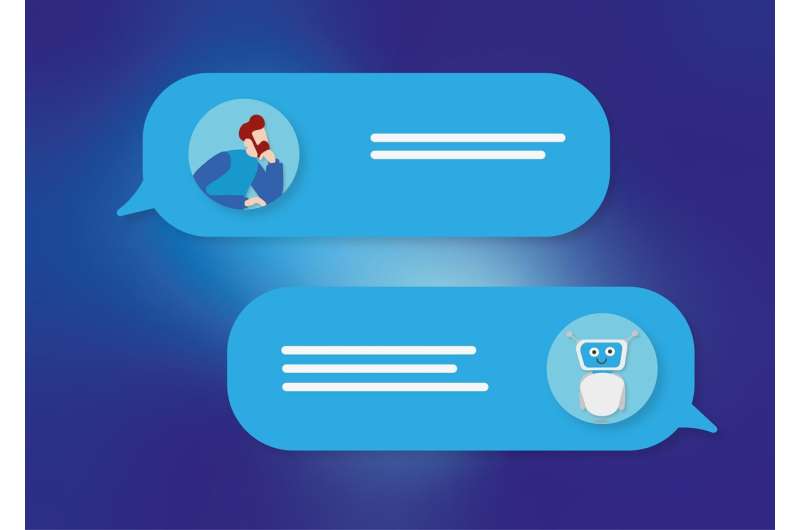This article has been reviewed according to Science X's editorial process and policies. Editors have highlighted the following attributes while ensuring the content's credibility:
fact-checked
proofread
Researchers explore ChatGPT's application in global public health, including ethical use

In a commentary published in Global Transitions, a team of researchers from India, Bangladesh and Mexico explore the potential of leveraging ChatGPT to revolutionize global health research. The researchers highlight its ability to efficiently and accurately process vast amounts of data, especially electronic health records, which could lead to enhanced patient outcomes and expedite the identification of disease risk factors as well as novel treatment approaches.
"ChatGPT can be a valuable tool for the advancement of global public health, but only if we critically analyze its uses and are open to thoroughly mitigating the challenges the language model brings," says Ateeb Ahmad Parry, lead author of the study, and a Ph.D. student at the Bloomberg School of Public Health at Johns Hopkins University.
"Furthermore, the utilization of a language model like ChatGPT in global public health raises several ethical considerations," adds Dr. Apurva Kumar Pandya, Director at Parul University and co-author of the study.
The authors discuss the potential applications of ChatGPT in global public health education, particularly in the analysis of scientific literature and in imparting critical oversight skills to young researchers. They highlight that ChatGPT can serve as a beneficial tool for teaching young researchers how to discern between factually correct and incorrect information, as the language model currently lacks the ability to make such distinctions.
The commentary also delves into the myriad of challenges that the language model has in its application in global public health. This includes the presence of biases in the data, which can result in biased processing, and in the context of health research, lead to discriminatory implications against specific races and ethnicities.
Furthermore, the lack of data from lower-middle-income countries (LMICs) and the abundance of data from high-income countries (HICs) pose a limitation, potentially affecting the accuracy of the model's application in LMICs. If the model is trained exclusively on data from HICs, it would fail to adequately represent the diverse global population.
The authors concluded that ChatGPT can be harnessed as a powerful tool to advance the field of global public health responsibly and effectively, but responsible use of it is paramount.
More information: Ateeb Ahmad Parray et al, ChatGPT and global public health: Applications, challenges, ethical considerations and mitigation strategies, Global Transitions (2023). DOI: 10.1016/j.glt.2023.05.001




















